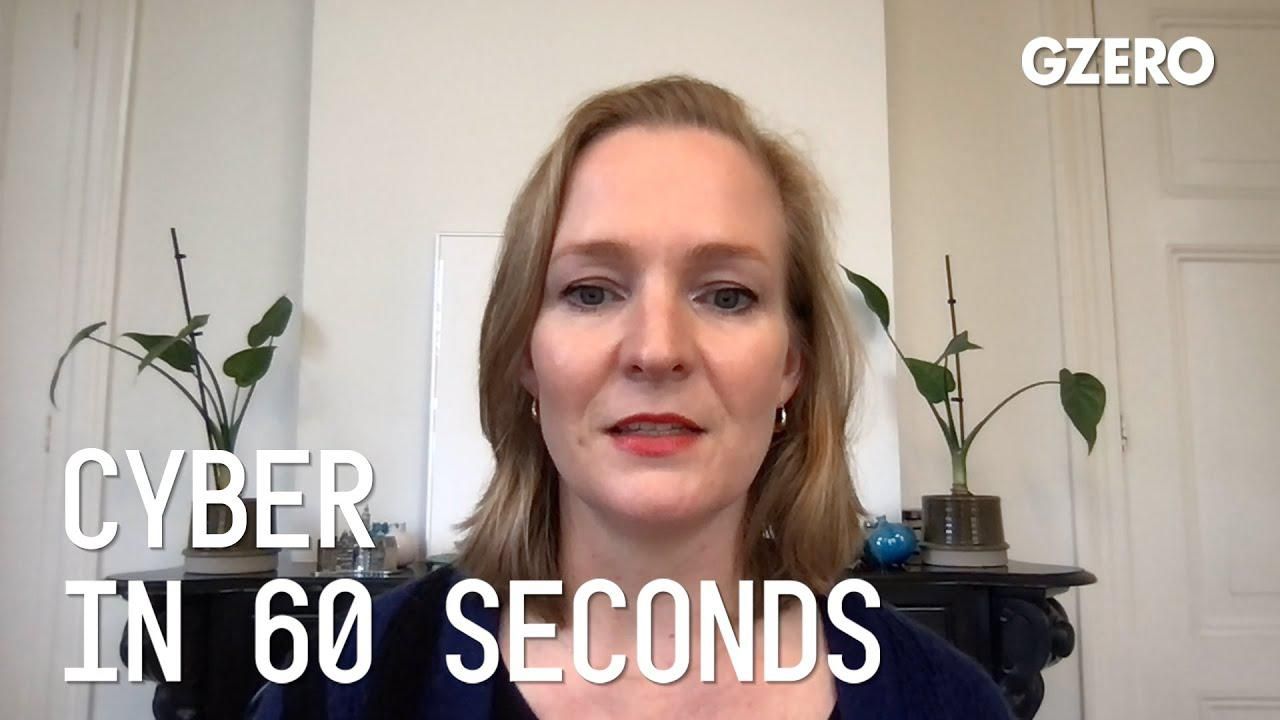Cyber in 60 Seconds
Do cryptocurrencies undermine US sanctions?

Do unregulated cryptocurrencies undermine US sanctions? | Cyber In :60 | GZERO Media

Marietje Schaake, International Policy Director at Stanford's Cyber Policy Center, Eurasia Group senior advisor and former MEP, discusses trends in big tech, privacy protection and cyberspace:
Do cryptocurrencies make it harder to enforce foreign policy sanctions?
Well, that is exactly what the Biden administration worries about. As part of growing concerns of whether unregulated currencies undermine a whole host of policies, sanctions and foreign or trade policy should be a priority area. And just like others who wish to evade tracing of their wealth or transactions, the very states or their sanctioned entities should be assumed to resort to all options to evade restrictions while continuing to do business. So having cryptocurrencies undermining the ability to enforce strategic goals logically raises eyebrows in Washington.
Didn't the Biden administration recently sanction a cryptocurrency exchange itself?
Yes, it did. But the sanctions against SUEX were intended to prevent the company or platform from being the clearing house for criminal money. My sense is that there will be plenty more legal updates, regulations and ad hoc steps to ensure that cryptocurrencies do not undermine the ability to make policy, whether it's monetary or foreign policy.
Xi Jinping has spent three years gutting his own military leadership. Five of the seven members of the Central Military Commission – China's supreme military authority – have been purged since 2023, all of whom were handpicked by Xi himself back in 2022.
In this episode of GZERO Europe, Carl Bildt examines how an eventful week in Davos further strained transatlantic relations and reignited tensions over Greenland.
In this episode of "ask ian," Ian Bremmer breaks down the growing rift between the US and Canada, calling it “permanent damage” to one of the world’s closest alliances.
For China, hitting its annual growth target is as much a political victory as an economic one. It is proof that Beijing can weather slowing global demand, a slumping housing sector, and mounting pressure from Washington.